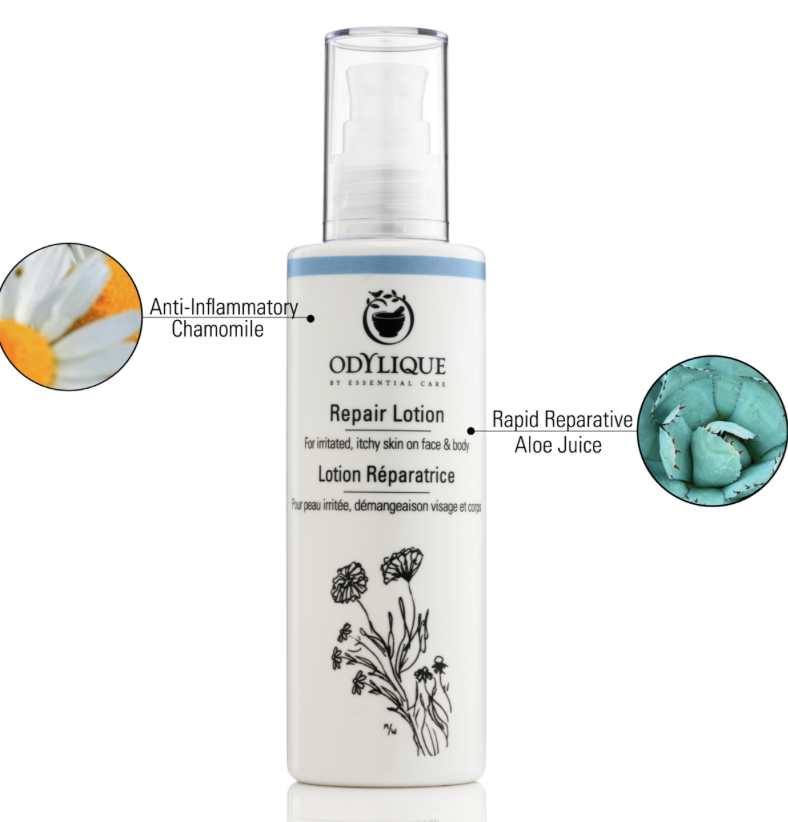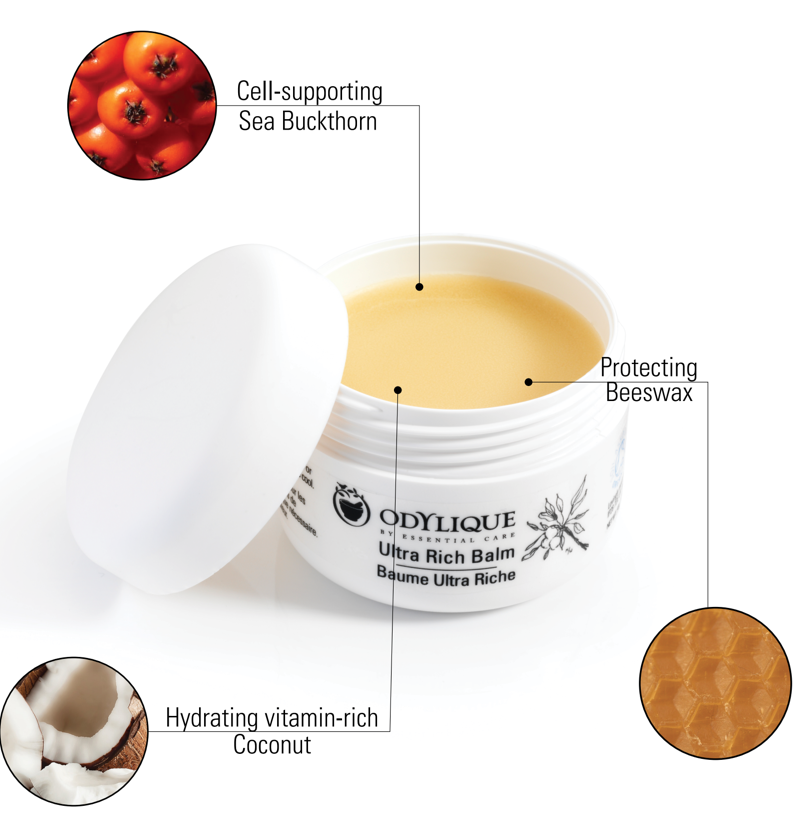We love winter, with crisp days and cosy nights. Unfortunately, though, as folks with eczema prone, sensitive skin ourselves, we’re aware that eczema and winter are not the best combination.
If you’ve noticed that your eczema gets worse in winter, you’re not alone. This article is all about why that’s happening, and what to do about it.
What is eczema?
Eczema, or atopic dermatitis, is a skin condition typified by sore skin, itchy patches, skin cracking and flaking and redness.
You may have the following symptoms:
- Itchiness
- Reddish scales on the skin
- Itchy type blisters that weep and scab
- Thickened areas of sore and cracked skin
- Pain and sensitivity
- Inflamed skin
Eczema usually starts in childhood and can be typified by periods of time that get worse and better (remission and active infection).
Eczema causes can be:
- skin irritants
- genetic conditions
- immune system disorders
- stress
- exposure to allergens like pet hair or detergent
If you think of skin structure like a wall with bricks and mortar where the cells are the bricks and skin lipids are the mortar, skin with eczema has some of the mortar missing. In other words, it is dry and has a tendency to crumble (flake).
Why is my eczema worse in the winter?
The cold air dehumidifies. This means it not only holds less moisture, but also sucks it from surrounding sources, including your skin. Dryer air means dryer skin. Dry skin means more pronounced eczema.
We tend to turn up the heat on our showers and baths, which feels amazing, but is awful for the skin, drying it further and causing itching. Water over 38 degrees strips the acid mantle of the skin leaving it exposed and prone to damage.
Heating and radiators also dry out the air, and going from cold to hot can be problematic for eczema prone skin.
How to Care for Eczema Prone Skin in Winter:
1. Choose Your Skincare Carefully
In winter, it’s all the more important to choose skin care and hair care that is free from irritants like artificial fragrances and sulphates. This way you avoid stressing it more than you need to.
It also needs to be rich in nourishing, protecting ingredients and lots of moisturisers - think of putting the mortar (lipids) back between the bricks (skin cells). Look for intense barriers like shea butter and olive oil which help lock moisture into the skin and keep it supple.
Certified organic skincare offers the best mix of both, with ingredients grown without harsh chemicals and formulations that respect the best nature can offer, working in harmony with your skin.
2. Turn down the temperature
Use water of less than 38 degrees and don’t spend longer than ten minutes in it (five for children).
Avoid highly perfumed bubble baths and switch to ones with natural essential oils if you want to enjoy a luxe fragrance without harm.
3. Use the gentlest washes and soaps
Eczema prone simply cannot tolerate over washing and harsh detergents that damage the delicate acid mantle of the skin.
Instead choose pH balanced soaps with ingredients like oat which is soothing and honey which adds moisture.
4. Try a thick moisturizer
If you have eczema, your skin requires a lot of hydrating and moisturising. You need to drink a lot of water and use a rich, thick moisturiser at least twice a day.
5. Bundle up, but choose fabrics with care
Nylons and man-made fabrics are bad for skins with eczema because it prevents them ‘breathing’, but even some wools can be tricky.
Wear cottons and use light layers to allow you to maintain a comfortable temperature.
6. Try a humidifier
A humidifier helps by putting water back into the environment leached by heating. You don’t need to spend a lot but make sure you change the water regularly and keep on top of cleaning the filters.
7. Take Vitamin D (or get some sunshine!)
A study of 100 Mongolian schoolchildren found that kids treated daily with vitamin D supplements saw a reduction in winter eczema symptoms.
Many people in Scotland and Nordic countries take vitamin D supplements in the winter months as these regions don’t experience enough sunlight to support natural Vitamin D production.
Talk with your doctor or a nutritionist about vitamin D, or of course, get some more sunshine if you can!
Shop for vitamin D supplements
For more information about eczema, view our expert articles here
For our best eczema skincare (many of which are multi-award winning, including free-from awards) click here >



